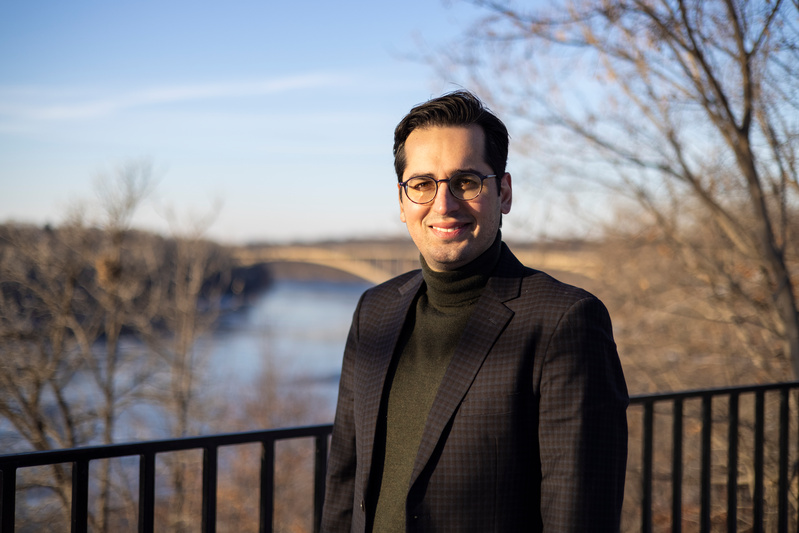
Mohsen Tahmasebi Nasab, an engineering professor at the University of St. Thomas, spoke with Minnesota Public Radio about how risky or not it would be to divert water — by pipeline or some other means — from the Mississippi River to help ease the drought in the western U.S. states.
From the article:
"They're considered actually to be high-risk projects,” said Mohsen Tahmasebi Nasab, an engineering professor at the University of St. Thomas.
That's because they require major financial investment, plus a long time to complete, Nasab said. “We are talking years and years, sometimes decades, of studying and construction,” he said.
Minnesota is one of five states that are part of the Upper Mississippi River Basin Association, which doesn’t exclude diversion projects, but includes a commitment to notify and consult with the other states about such proposals.
Nasab said it’s likely that other state and local governments will adopt more restrictions on water resources.
"They're going to put some rules on how much water you can draw from the rivers, to make sure that the environmental and ecological health of the river and the wetlands and the lakes are preserved first,” he said.







